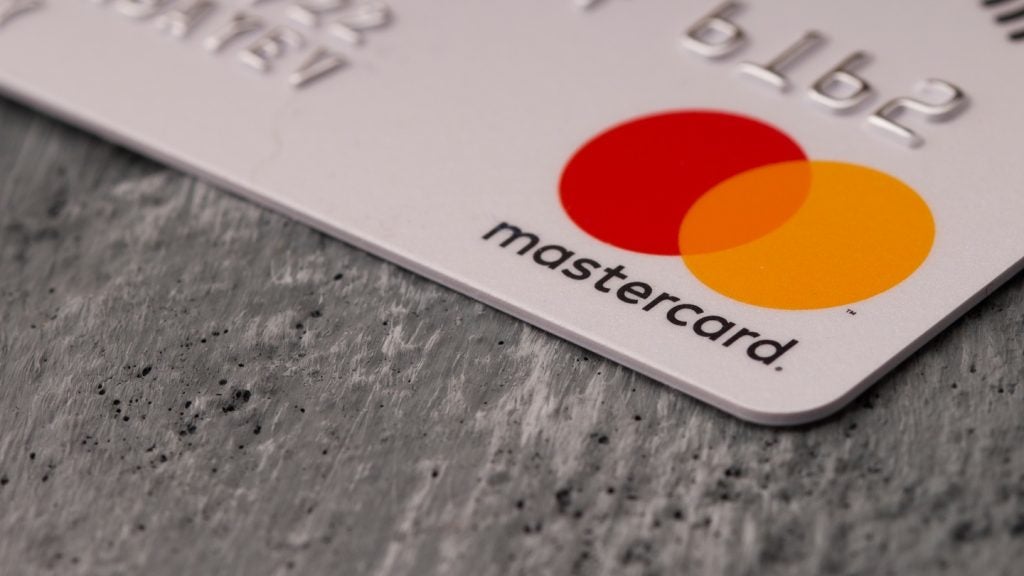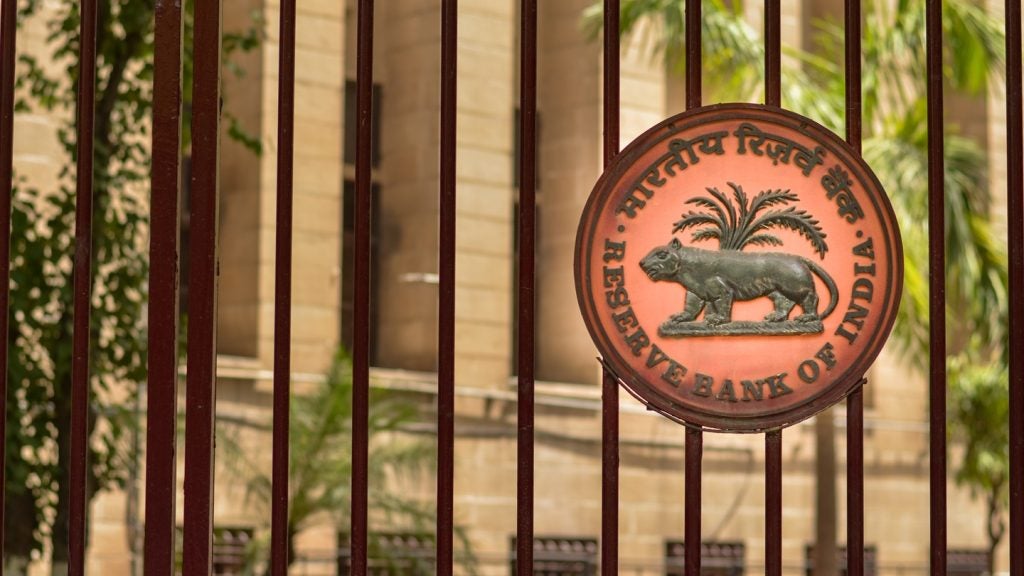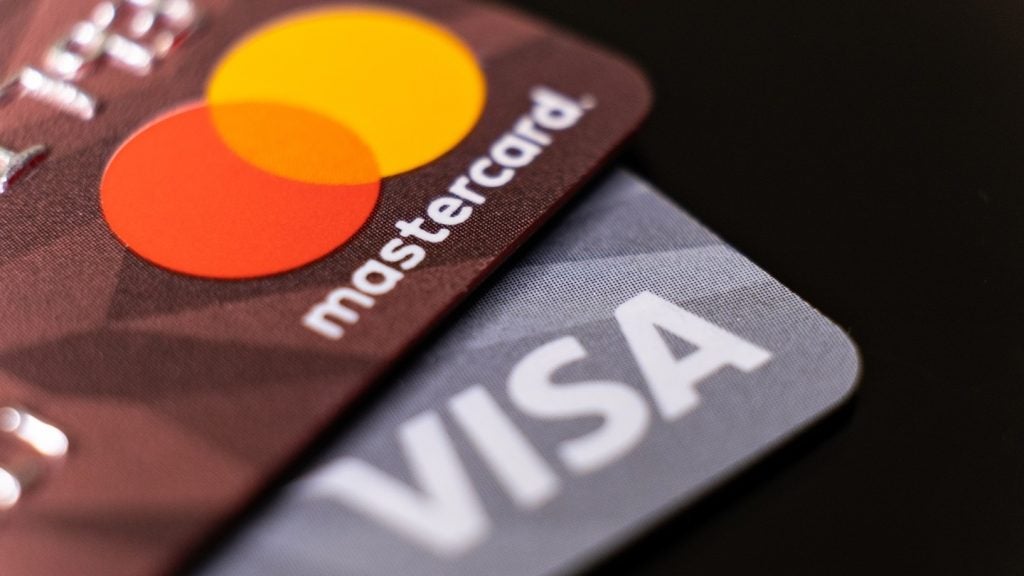Global m-payment transactions are to almost
double every year until 2015, when the market hit £591bn, according
to KPMG.
“Growth in the m-payments marketplace will be
driven by customers’ increasing need for convenience and the
development of a raft of new applications enabling commerce in the
palm of our hands,” said David Hodgkinson, senior manager in KPMG’s
customer and channel consulting team.`

Access deeper industry intelligence
Experience unmatched clarity with a single platform that combines unique data, AI, and human expertise.
He added:
“Today premium SMS dominates mobile
payments, but by tomorrow contactless and cloud-based services will
dominate, with an expected market share for contactless of 37 % by
2015.”
According to their report, smart-phones
accounted for 29% of all mobile phone sales last year – almost
doubling in size from 2009.
The study also found 21% of retailers consider
the payment model as important, compared to only 2% of retailers
saying it is unimportant for their businesses.

US Tariffs are shifting - will you react or anticipate?
Don’t let policy changes catch you off guard. Stay proactive with real-time data and expert analysis.
By GlobalDataRisks
In a related research paper published at the
end of March, KPMG said that the risks associated with mobile
commerce are also to rise, especially for telcos.
This rise in risk correlates to the growth in
the volume of transactions, KPMG said.
KPMG reported that 94% of telecom operators
worldwide expect revenue leakage to increase and that half of them
believe that these losses would be significant for their
business.
Among the factors that increase the risks for
the modality, the survey listed:
- complex network systems,
- converged service offerings,
- multiple third-party partners,
- and a rise in outsourcing.
All these factors create the potential for
inaccurate data capture and billing, and increased fraud, KPMG
highlighted.






